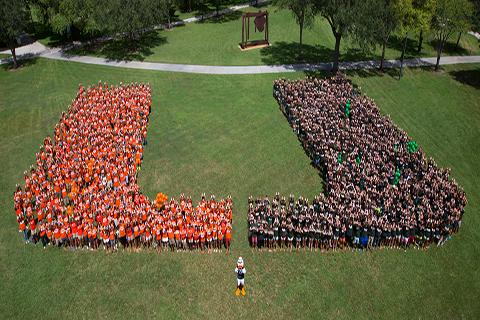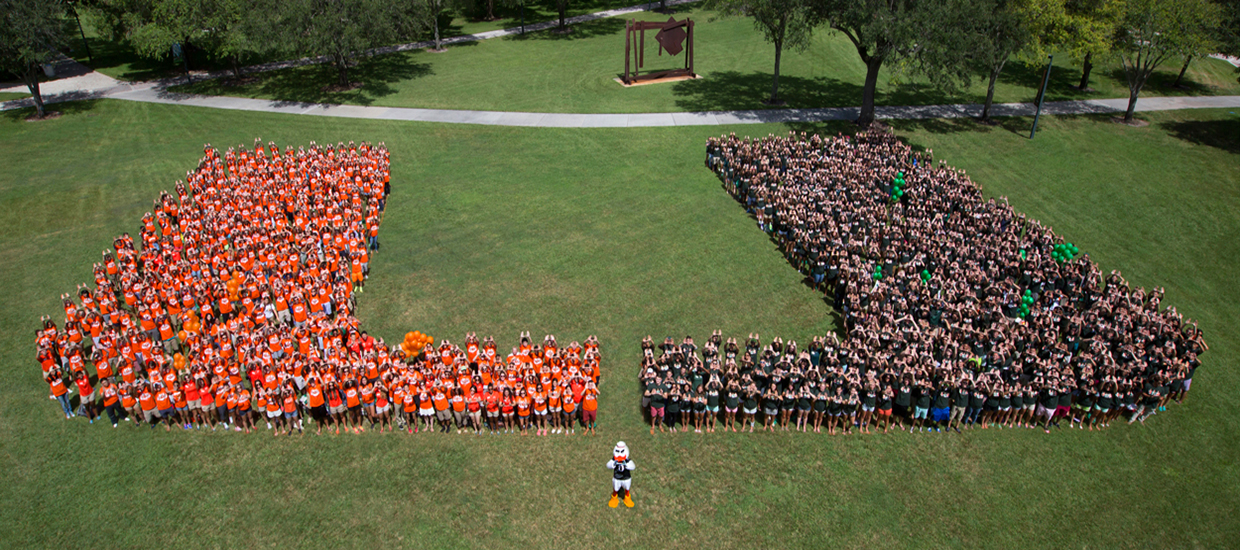March 10, 2023: Collaboration, support structures needed to address ‘polycrisis’ in the Americas
Public and private-sector leaders from the Americas discussed the confluence of concerns challenging the hemisphere at the 2023 Concordia Americas Summit at the University of Miami.
Several former Latin American presidents, current legislators, U.S. officials, and leading private and public-sector innovators participated on Thursday in the first of two days of fast-paced panels on climate change, misinformation, immigration, digital innovation, health care equity, and psychedelic medicine, among others.
The 2023 Concordia Americas Summit’s regional gathering was hosted for the second consecutive year by the University of Miami, which this year also served as principal programming partner.
February 18, 2023: Is Latin America paving a democratic path?
What is the outlook for democracy in Latin America?
The news is mixed.
Such was the conclusion of a roundtable discussion, “Outlooks on the Quality of Democracy in Latin America and the Caribbean,” held on Friday at the Donna E. Shalala Student Center on the Coral Gables Campus.
Hosted as the first event by the George P. Hanley Democracy Center, the panel discussion was moderated by John Twichell, lecturer and director of Latin American Studies at the University of Miami. Panel participants were Calla Hummel, assistant professor of political science; Ileana Ros-Lehtinen, former member of the United States Congress and University alumna; and Daniel Pedreira, adjunct faculty member in political science.
July 10, 2022: What’s changed in Cuba in the year since the protests?
On July 11, it will be a year since massive demonstrations throughout Cuba sent shocking images worldwide that showed the discontent of many of the island’s citizens with the government.
Thousands of Cuban residents took to the streets chanting “Libertad,” asking for freedom but also for food, medicine, and the basic staples of many societies.
The Cuban government acted swiftly, arresting and jailing hundreds of protesters. Many received long prison sentences without benefit of due legal process, according to news reports. A new penal code was passed by Cuban lawmakers in May which strengthened penalties for crimes, including “other acts against the security of the State.”
Cuba continues to undergo a severe economic crisis marked by food shortages and daily blackouts. The number of Cubans leaving the island has skyrocketed and surpassed 145,000, higher than the Mariel boatlift of 1980, which brought immigrants to the shores of the United States.
University of Miami experts on Cuba shared their views about what is happening in the country a year after the protests. They include Michael Bustamante, associate professor of history and Emilio Bacardi Moreau Chair in Cuban and Cuban-American Studies, and John Twichell, lecturer and director of Latin American Studies.
June 29, 2022: Examining two historic firsts in Colombian elections
Gustavo Petro, as a leftist and former rebel, made history when he became the South American country’s president last week. While Francia Márquez, an environmental activist and lawyer, also made a mark as the country’s first Afro-Colombian vice president.
In an unprecedented move, Colombia chose a leftist president to lead the nation. Gustavo Petro, a former guerilla and senator, won the June 19 elections. The victory also gave the country another first: an Afro-Colombian woman as vice president.
Political analysts credit the popularity of Francia Márquez—a human rights and environmental activist and lawyer—among the Afro-Colombian and other socio-politically marginalized groups as a major factor in Petro’s victory.





